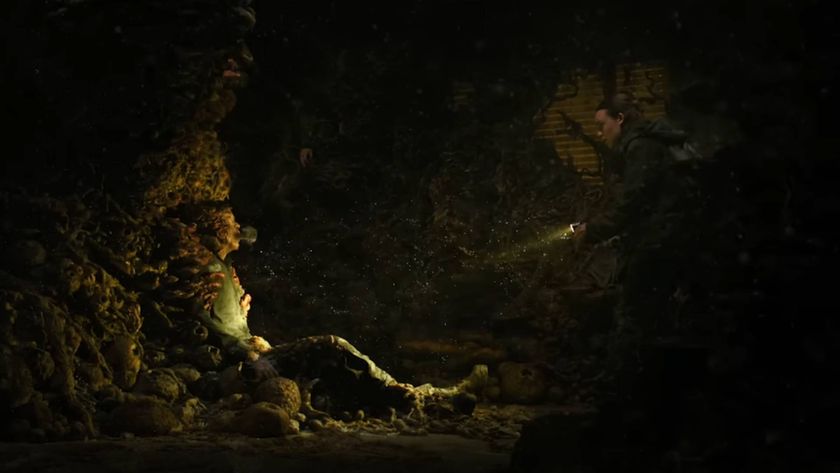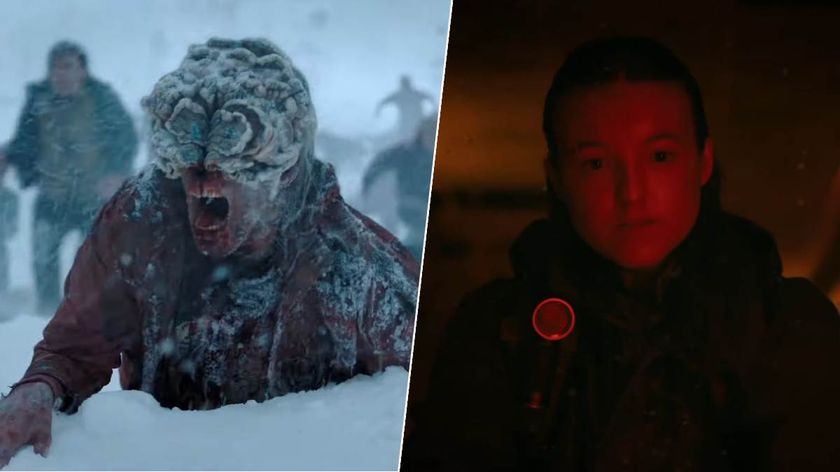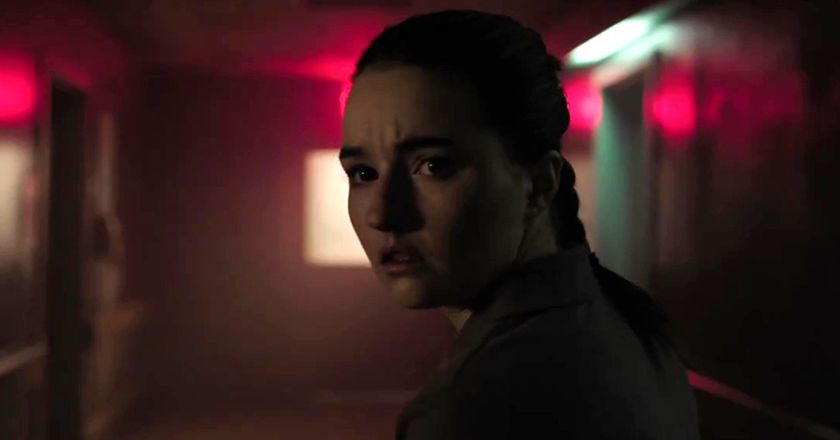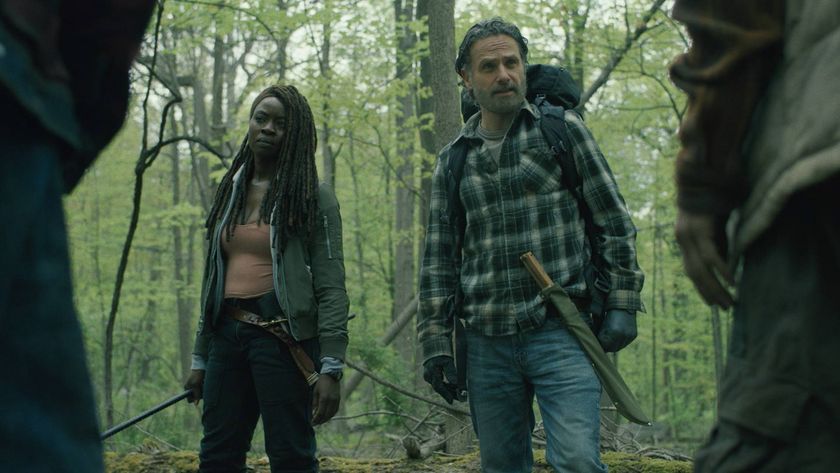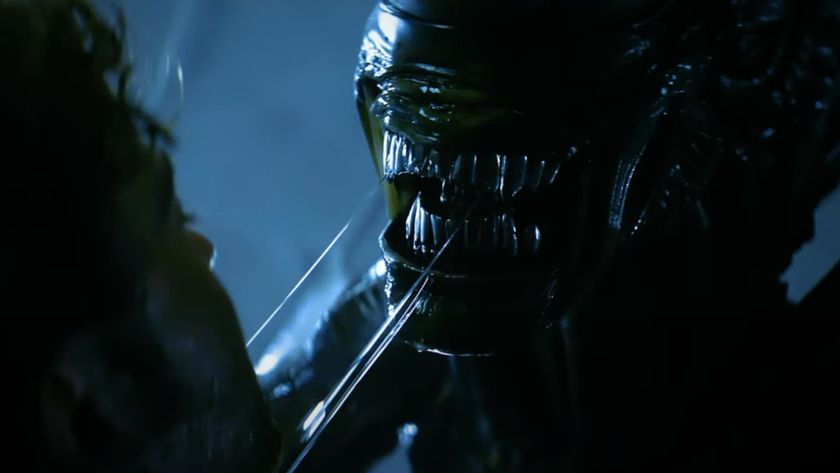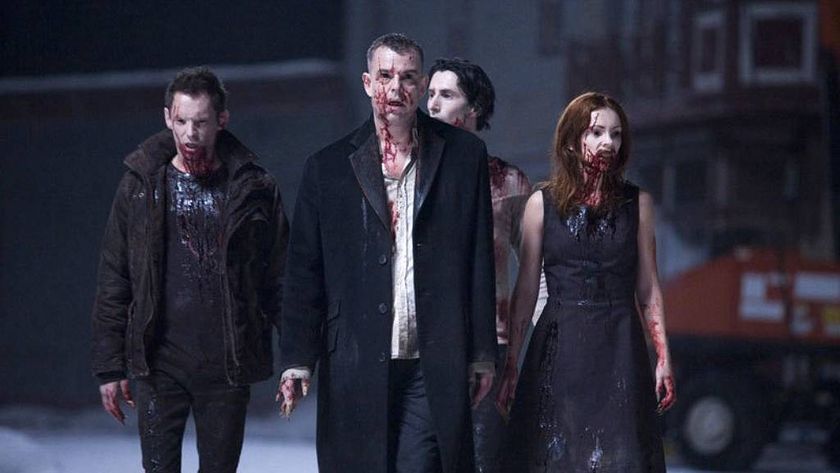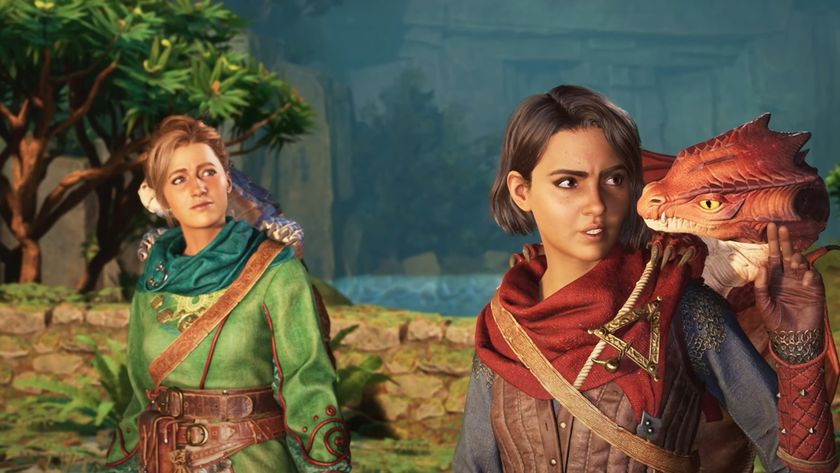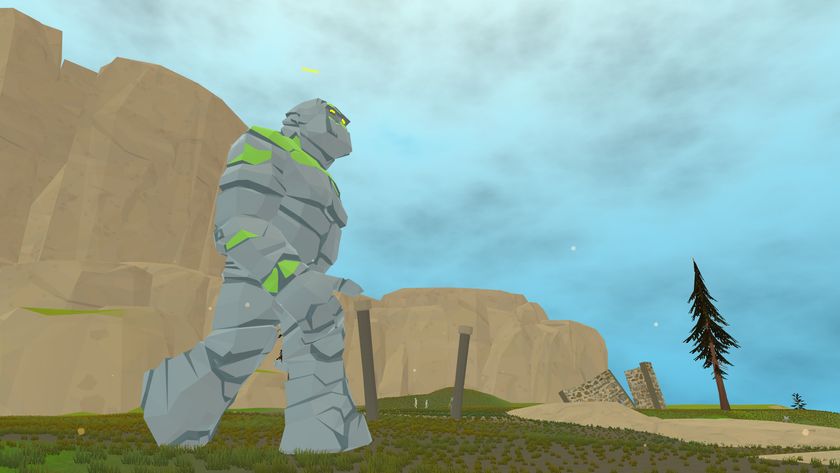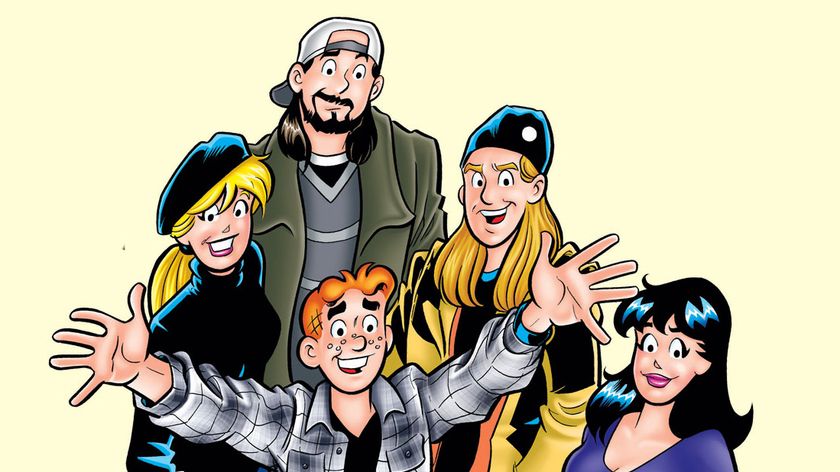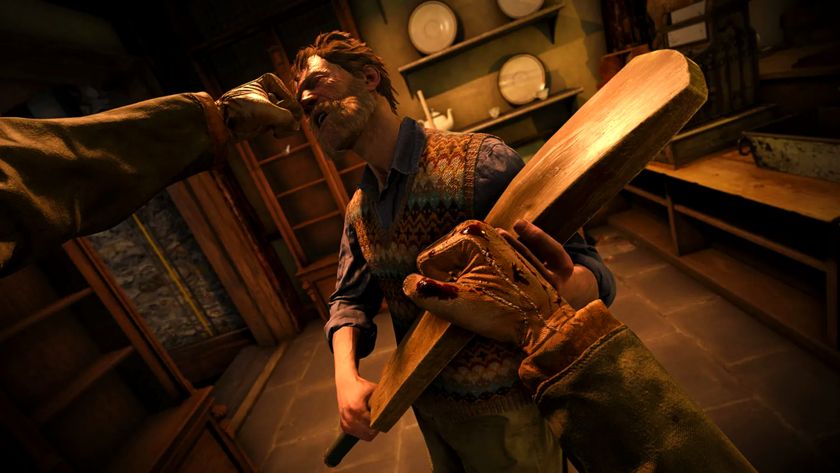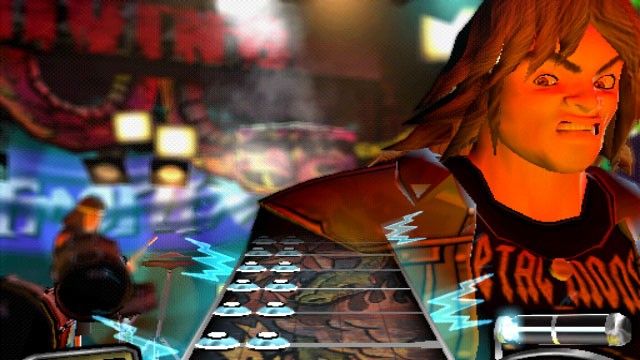The Last of Us crew wasn't allowed to say 'zombie' on set
"We aren't a zombie show"
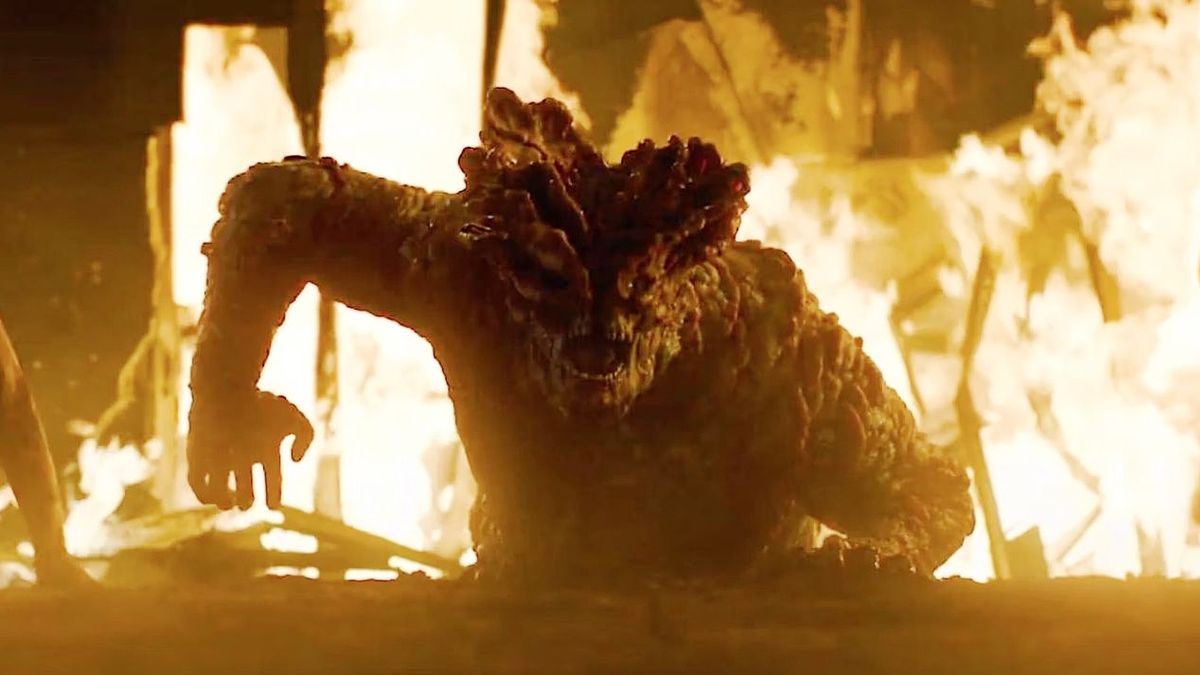
Though The Last of Us may be fielding comparisons to The Walking Dead, it's so much more than a zombie show. In fact, cinematographer Eben Bolter says the crew was prohibited from referring to the
"We weren’t allowed to say the Z word on set," Bolter told The Credits. "It was like a banned word. They were the Infected. We aren't a zombie show. Of course, there’s tension building and jump scares, but the show’s really about our characters; The Infected are an obstacle they have to deal with."
In The Last of Us, it's a fungus alled Cordyceps that destroys the population and the world as we know it. The parasitical fungal infection in the brain turns humans into zombified hosts, whose only goal is to spread their infection to as many other people as they can. And they run... really, really fast.
In the show, bites are a major method of spreading the illness, and in the game, airborne spores are also a threat. Signs that a person is infected include involuntary twitching, slurred speech, and muscle spasms. As the infection progresses, the person is essentially eaten from the inside out. It's much more horrifying than the typical person coming back from the dead, especially since the Cordyceps fungus is real.
"There’s a lot of things The Last of Us is not," Bolter continued. "It’s not a cliché zombie movie, it’s not a Hollywood backlot where everyone’s close-up is perfect. It’s a world of organic cinematic naturalism, and that’s something I could just feel."
The Last of Us is currently airing on HBO. Check out our The Last of US episode release schedule to find out when to watch.
Sign up for the Total Film Newsletter
Bringing all the latest movie news, features, and reviews to your inbox

Lauren Milici is a Senior Entertainment Writer for 12DOVE currently based in the Midwest. She previously reported on breaking news for The Independent's Indy100 and created TV and film listicles for Ranker. Her work has been published in Fandom, Nerdist, Paste Magazine, Vulture, PopSugar, Fangoria, and more.
